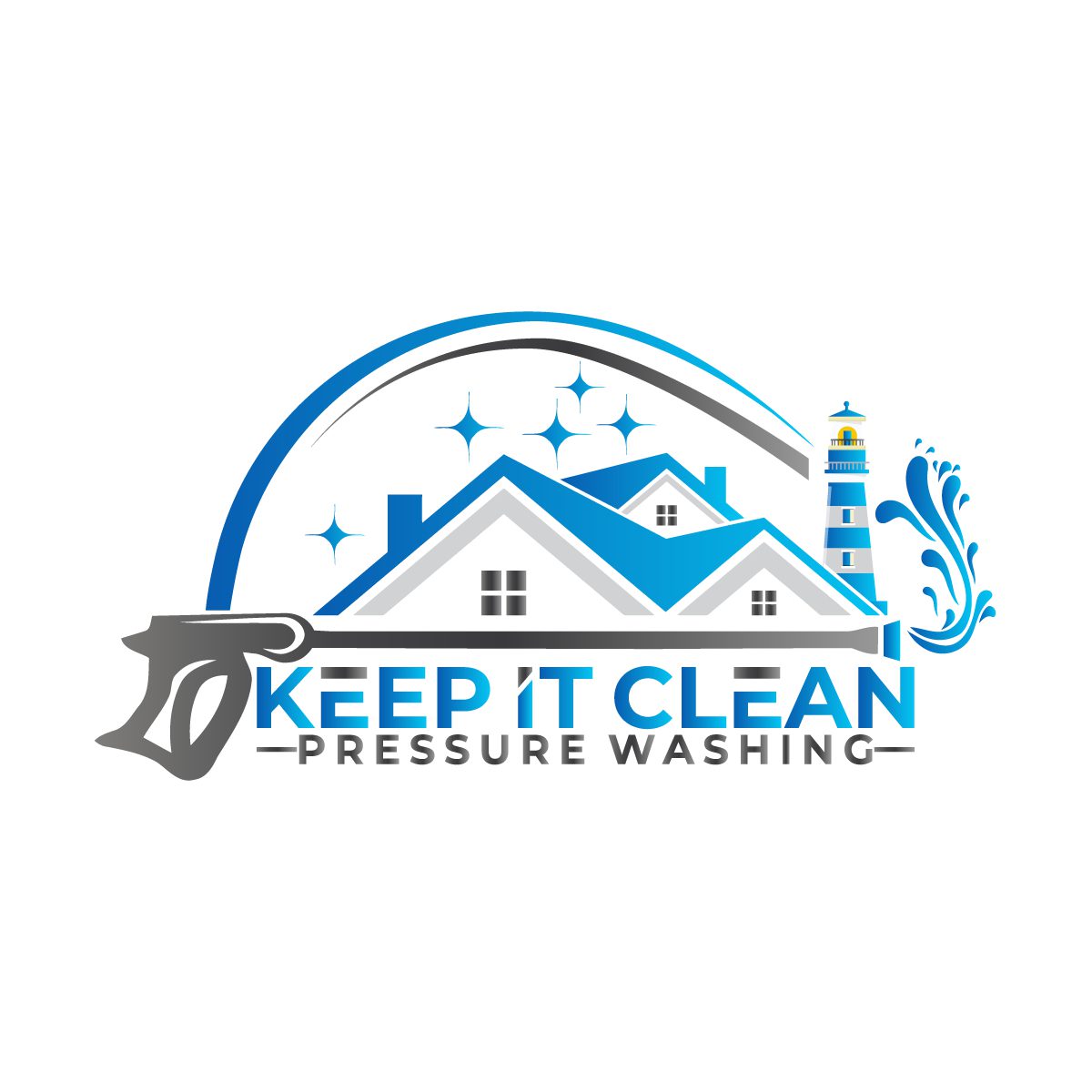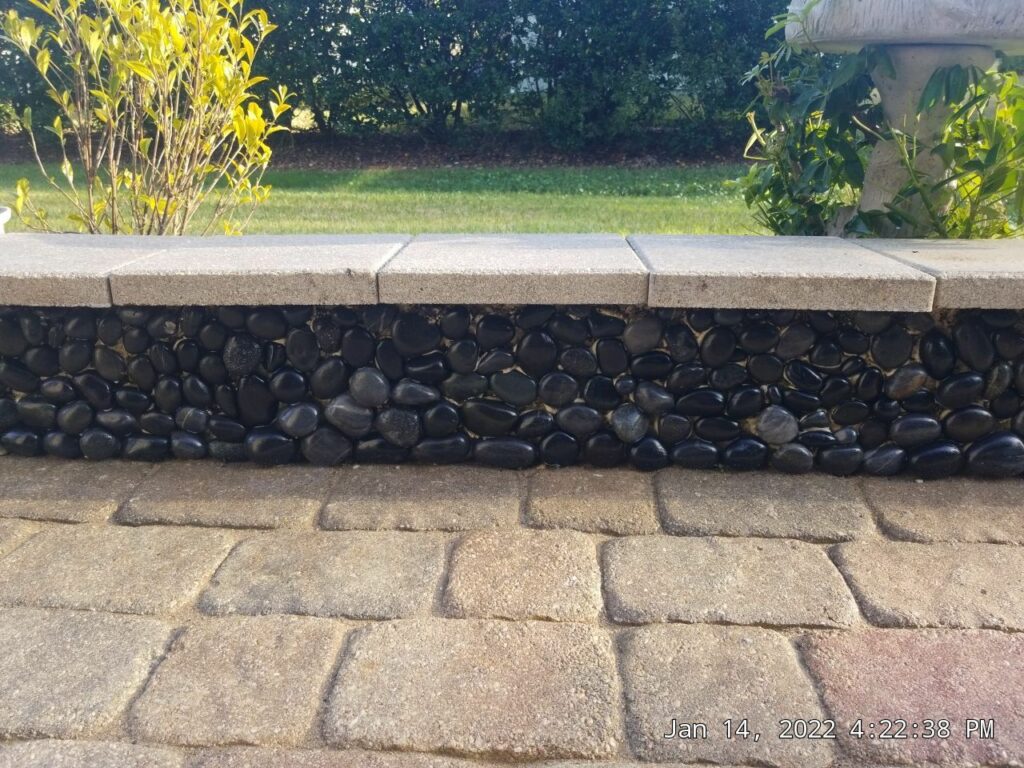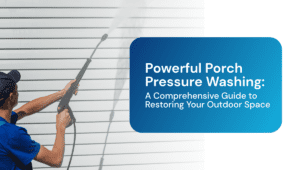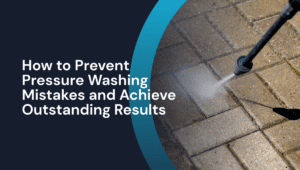Paving sand is something that can feel easy to overlook. After all, sand is sand right? Not quite. The sand you use for your pavers can actually have a pretty big impact on the overall health of your paving and if you don’t get this right, you could end up spending thousands in repaving costs. So, here’s what you need to know to keep your paving joints safe in the long run with the best sand to use for pavers.
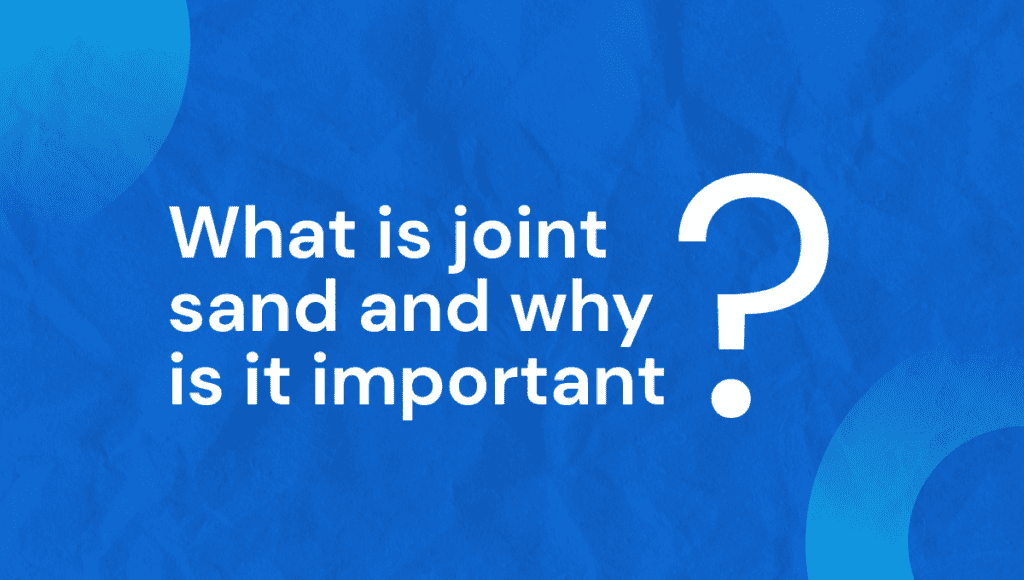
What is joint sand and why is it important?
Joint sand is an important component in interlocking pavement systems. It provides cushioning and support for the pavers, as well as filling in any gaps between them. While it does make the paving more comfortable to walk or drive on, it also serves a much greater purpose.
Without joint sand, water (from rain, pool or other sources) can run through these joints and wash away the underlying base layer of sand. This can lead to the paving becoming loose, wobbly and even cracked as its foundation is now gone and before you know it, you’ll have to spend heavily on re-paving. Joint sand can protect you from this.
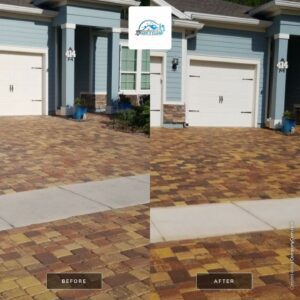
Types of Sand for Paver Joints
There are a few different types of sand available for pavers, and they each have their own unique qualities. The three most common options are washed concrete, polymeric and mason.
Washed Concrete
Washed concrete sand is made up of larger sand particles and is typically used as part of the base. However, because it’s very cheap, many people also choose to use it as joint sand. The problem here is the large particles mean it can get washed away easily and make concrete cleaning difficult.
Pros: Washed concrete sand is very affordable and easy to find.
Cons: Washed concrete sand can wash away easily and doesn’t seal as well as other options.
Polymeric
Polymeric sand is designed especially for paver joints and is a very good option. What makes polymeric sand so effective is that it hardens once it gets wet, making it perfect for paver joints as it’s durable, seals well and won’t wash away. Though, it must be said that this is one of the pricier options on the market.
Pros: Polymeric sand is more durable than washed concrete sand, can withstand heavy rainstorms and is very effective at paver sealing.
Cons: Polymeric sand is more expensive than washed concrete sand.
Mason
Mason sand is a type of sand that is finer than concrete sand and is perhaps the most common sand used for pavers. Because it is so fine and packs in so tightly, mason sand is less likely to get washed away. While not as specialized as polymeric sand, it is a very good option and a cheaper one at that.
Pros: Mason sand is very fine and packs in tight enough to be difficult to wash away.
Cons: Not as effective as polymeric sand.
Get a free quote for your paver sealing project!
If you live in St Johns or Clay Counties, call us, and we will drive by your place in no time!
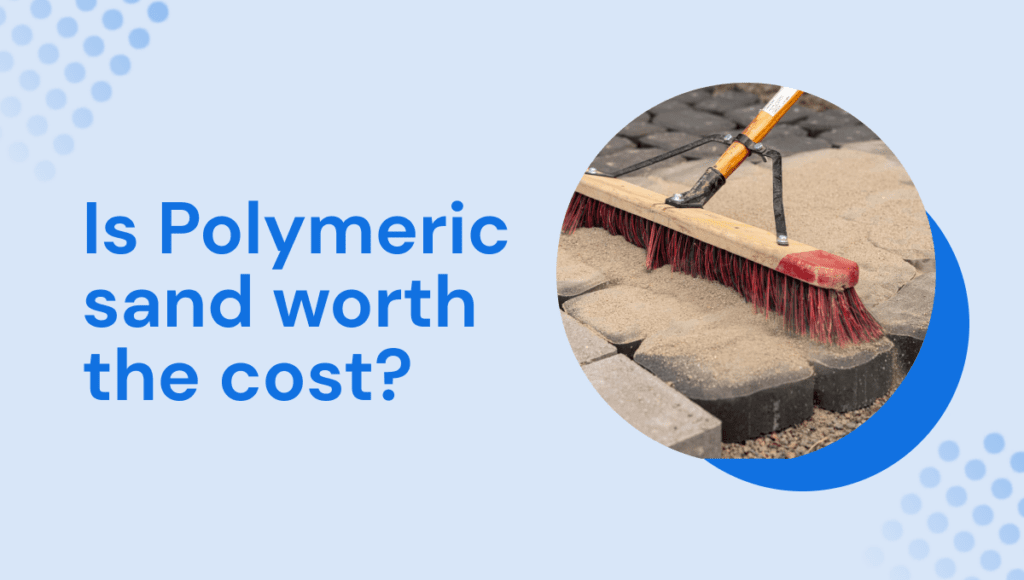

Is Polymeric sand worth the cost?
When it comes to paver joints, polymeric sand is definitely the most expensive which naturally leads people to question whether it’s worth the cost.
Well as mentioned before, this sand has been specifically engineered for paver joints and as a result, it is more durable than other options. Because it completely hardens once it gets wet for the first time, you can trust that even in heavy storms, your joint sand won’t wash away. So while it may be more expensive upfront, you’ll save money in the long run as you won’t need to keep replacing your sand.
However, even though polymeric is a great option if you have the budget, it’s not the only choice you have. Mason sand is a much cheaper sand but is still incredibly effective and for most people, it will be more than sufficient.
At the end of the day, it’s up to you to decide whether polymeric sand is worth the cost.
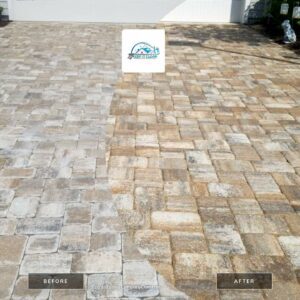

Can I use regular sand to support pavers?
We certainly wouldn’t recommend it. Regular sand is too loose and can easily become displaced, which can cause your pavers to shift or move.
This can create a number of problems, including:
- Uneven surfaces
- Tripping hazards
- Paver damage
In addition, regular sand is more likely to wash away than polymeric sand. This can lead to sand replacement costs over time.
Can you pressure wash a paver installation that has polymeric sand?
Pavers that have been installed with polymeric sand should always be soft washed and never pressure washed. Pressure washing can cause the joints to blow out, which can damage the pavers.
Soft washing is a gentler way to clean pavers, and it will not damage the joint sand. In addition, soft washing is more effective at removing dirt, mold, and mildew from pavers. For these reasons, it is always best to soft wash pavers that have been installed with joint sand.
What is Silica sand?
Silica sand is a type of sand that is made up of tiny pieces of quartz. Silica sand is commonly used in construction and industrial applications, such as glassmaking, foundry work, and hydraulic fracturing. Silica sand has many applications but not something you’d want to consider for pavers.
Trust a Professional Contractor to Help You In Paver Projects
If you’re thinking about adding pavers to your property, it’s important to trust a professional contractor who can help you choose the right sand for your project. At Keep it Clean Florida, we have years of experience working with all different types of sand and can help you choose the best option for your needs.
So, if you want to make the best choice that will protect your paving joints for years to come, then get in touch for a free quote today!
